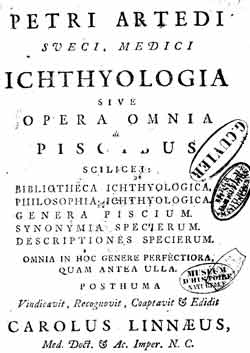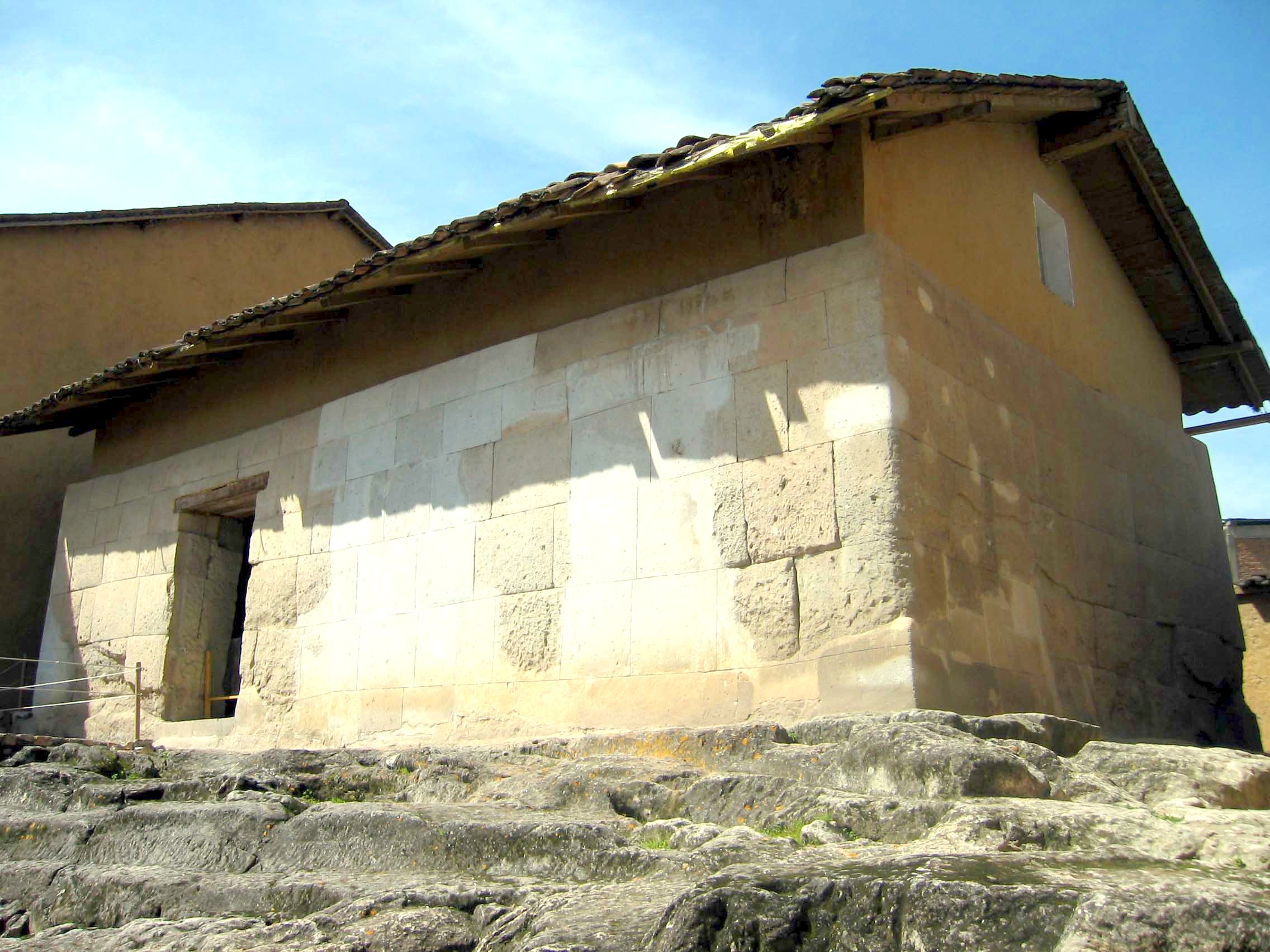|
Nathan Everett Pearson
Nathan Everett Pearson (1895–1982) was an American ichthyologist. He was a student of Carl H. Eigenmann at Indiana University. He traveled on the Mulford Expedition to the Amazon. He collected 6,000 specimens and discovered 25 new species. Books * The fishes of the eastern slope of the Andes 1924 (83 pp.) * The fishes of the Beni- Mamoré and Paraguay basins 1937 * The fishes of the Atlantic and Pacific slopes near Cajamarca Cajamarca (), also known by the Quechua name, ''Kashamarka'', is the capital and largest city of the Cajamarca Region as well as an important cultural and commercial center in the northern Andes. It is located in the northern highlands of Peru ..., Peru 1937 References 1895 births 1982 deaths American ichthyologists University of Indianapolis alumni 20th-century American zoologists {{US-zoologist-stub ... [...More Info...] [...Related Items...] OR: [Wikipedia] [Google] [Baidu] |
Ichthyologist
Ichthyology is the branch of zoology devoted to the study of fish, including bony fish ( Osteichthyes), cartilaginous fish (Chondrichthyes), and jawless fish (Agnatha). According to FishBase, 33,400 species of fish had been described as of October 2016, with approximately 250 new species described each year. Etymology The word is derived from the Greek words ἰχθύς, ''ikhthus'', meaning "fish"; and λογία, ''logia'', meaning "to study". History The study of fish dates from the Upper Paleolithic Revolution (with the advent of "high culture"). The science of ichthyology was developed in several interconnecting epochs, each with various significant advancements. The study of fish receives its origins from humans' desire to feed, clothe, and equip themselves with useful implements. According to Michael Barton, a prominent ichthyologist and professor at Centre College, "the earliest ichthyologists were ''hunters and gatherers'' who had learned how to obtain the most usef ... [...More Info...] [...Related Items...] OR: [Wikipedia] [Google] [Baidu] |
Carl H
Carl may refer to: *Carl, Georgia, city in USA *Carl, West Virginia, an unincorporated community *Carl (name), includes info about the name, variations of the name, and a list of people with the name *Carl², a TV series * "Carl", an episode of television series ''Aqua Teen Hunger Force'' * An informal nickname for a student or alum of Carleton College CARL may refer to: *Canadian Association of Research Libraries *Colorado Alliance of Research Libraries See also *Carle (other) *Charles *Carle, a surname *Karl (other) *Karle (other) Karle may refer to: Places * Karle (Svitavy District), a municipality and village in the Czech Republic * Karli, India, a town in Maharashtra, India ** Karla Caves, a complex of Buddhist cave shrines * Karle, Belgaum, a settlement in Belgaum d ... {{disambig ja:カール zh:卡尔 ... [...More Info...] [...Related Items...] OR: [Wikipedia] [Google] [Baidu] |
Indiana University
Indiana University (IU) is a system of public universities in the U.S. state of Indiana. Campuses Indiana University has two core campuses, five regional campuses, and two regional centers under the administration of IUPUI. *Indiana University Bloomington (IU Bloomington) is the flagship campus of Indiana University. The Bloomington campus is home to numerous premier Indiana University schools, including the College of Arts and Sciences, the Jacobs School of Music, an extension of the Indiana University School of Medicine, the School of Informatics, Computing, and Engineering, which includes the former School of Library and Information Science (now Department of Library and Information Science), School of Optometry, the O'Neil School of Public and Environmental Affairs, the Maurer School of Law, the School of Education, and the Kelley School of Business. *Indiana University–Purdue University Indianapolis (IUPUI), a partnership between Indiana University and Purdue Universi ... [...More Info...] [...Related Items...] OR: [Wikipedia] [Google] [Baidu] |
Mulford Expedition
The Mulford Biological Exploration of the Amazon Basin was a scientific expedition to the Amazon conducted in 1921. It was organized by Henry Hurd Rusby, who at age 64, was a well known explorer, a professor at Columbia University, and a staff member at the New York Botanical Garden. He hired Orland Emile White, a staff member at the Brooklyn Botanic Garden, to assist with collection and handling of plant specimens. The expedition was financed by the H. K. Mulford Company, a pharmaceutical company. Its mission was to explore the Amazon Valley from the headwaters of the Quime River in Bolivia to the mouth of the Amazon River in Brazil. The expedition left La Paz, Bolivia, in July 1921. Rusby was forced to leave the expedition due to neuritis, an infected tooth, and his age; however, White and Martín Cárdenas continued to collect. The expedition lasted eight months, but never reached the Amazon. Expedition News from 1921: The expedition leaves the field in March 1922: Resu ... [...More Info...] [...Related Items...] OR: [Wikipedia] [Google] [Baidu] |
Cajamarca
Cajamarca (), also known by the Quechua name, ''Kashamarka'', is the capital and largest city of the Cajamarca Region as well as an important cultural and commercial center in the northern Andes. It is located in the northern highlands of Peru at approximately 2,750 m (8,900 ft) above sea level in the valley of the Mashcon river. Cajamarca had an estimated population of about 226,031 inhabitants in 2015, making it the 13th largest city in Peru. Cajamarca has a mild highland climate, and the area has a very fertile soil. The city is well known for its dairy products and mining activity in the surroundings. Among its tourist attractions, Cajamarca has numerous examples of Spanish colonial religious architecture, beautiful landscapes, pre-Hispanic archeological sites and hot springs at the nearby town of Baños del Inca (Baths of the Inca). The history of the city is highlighted by the Battle of Cajamarca, which marked the defeat of the Inca Empire by Spanish invaders ... [...More Info...] [...Related Items...] OR: [Wikipedia] [Google] [Baidu] |
1895 Births
Events January–March * January 5 – Dreyfus affair: French officer Alfred Dreyfus is stripped of his army rank, and sentenced to life imprisonment on Devil's Island. * January 12 – The National Trust for Places of Historic Interest or Natural Beauty is founded in England by Octavia Hill, Robert Hunter and Canon Hardwicke Rawnsley. * January 13 – First Italo-Ethiopian War: Battle of Coatit – Italian forces defeat the Ethiopians. * January 17 – Félix Faure is elected President of the French Republic, after the resignation of Jean Casimir-Perier. * February 9 – Mintonette, later known as volleyball, is created by William G. Morgan at Holyoke, Massachusetts. * February 11 – The lowest ever UK temperature of is recorded at Braemar, in Aberdeenshire. This record is equalled in 1982, and again in 1995. * February 14 – Oscar Wilde's last play, the comedy ''The Importance of Being Earnest'', is first shown at St Jam ... [...More Info...] [...Related Items...] OR: [Wikipedia] [Google] [Baidu] |
1982 Deaths
__NOTOC__ Year 198 (CXCVIII) was a common year starting on Sunday (link will display the full calendar) of the Julian calendar. At the time, it was known as the Year of the Consulship of Sergius and Gallus (or, less frequently, year 951 ''Ab urbe condita''). The denomination 198 for this year has been used since the early medieval period, when the Anno Domini calendar era became the prevalent method in Europe for naming years. Events By place Roman Empire *January 28 **Publius Septimius Geta, son of Septimius Severus, receives the title of Caesar. **Caracalla, son of Septimius Severus, is given the title of Augustus. China *Winter – Battle of Xiapi: The allied armies led by Cao Cao and Liu Bei defeat Lü Bu; afterward Cao Cao has him executed. By topic Religion * Marcus I succeeds Olympianus as Patriarch of Constantinople (until 211). Births * Lu Kai (or Jingfeng), Chinese official and general (d. 269) * Quan Cong, Chinese general and advisor (d ... [...More Info...] [...Related Items...] OR: [Wikipedia] [Google] [Baidu] |
American Ichthyologists
American(s) may refer to: * American, something of, from, or related to the United States of America, commonly known as the "United States" or "America" ** Americans, citizens and nationals of the United States of America ** American ancestry, people who self-identify their ancestry as "American" ** American English, the set of varieties of the English language native to the United States ** Native Americans in the United States, indigenous peoples of the United States * American, something of, from, or related to the Americas, also known as "America" ** Indigenous peoples of the Americas * American (word), for analysis and history of the meanings in various contexts Organizations * American Airlines, U.S.-based airline headquartered in Fort Worth, Texas * American Athletic Conference, an American college athletic conference * American Recordings (record label), a record label previously known as Def American * American University, in Washington, D.C. Sports teams Soccer * Ba ... [...More Info...] [...Related Items...] OR: [Wikipedia] [Google] [Baidu] |
University Of Indianapolis Alumni
A university () is an institution of higher (or tertiary) education and research which awards academic degrees in several academic disciplines. ''University'' is derived from the Latin phrase ''universitas magistrorum et scholarium'', which roughly means "community of teachers and scholars". Universities typically offer both undergraduate and postgraduate programs. The first universities in Europe were established by Catholic Church monks. The University of Bologna (), Italy, which was founded in 1088, is the first university in the sense of: *being a high degree-awarding institute. *using the word ''universitas'' (which was coined at its foundation). *having independence from the ecclesiastic schools and issuing secular as well as non-secular degrees (with teaching conducted by both clergy and non-clergy): grammar, rhetoric, logic, theology, canon law, notarial law.Hunt Janin: "The university in medieval life, 1179–1499", McFarland, 2008, , p. 55f.de Ridder-Symoens, Hilde''A ... [...More Info...] [...Related Items...] OR: [Wikipedia] [Google] [Baidu] |



